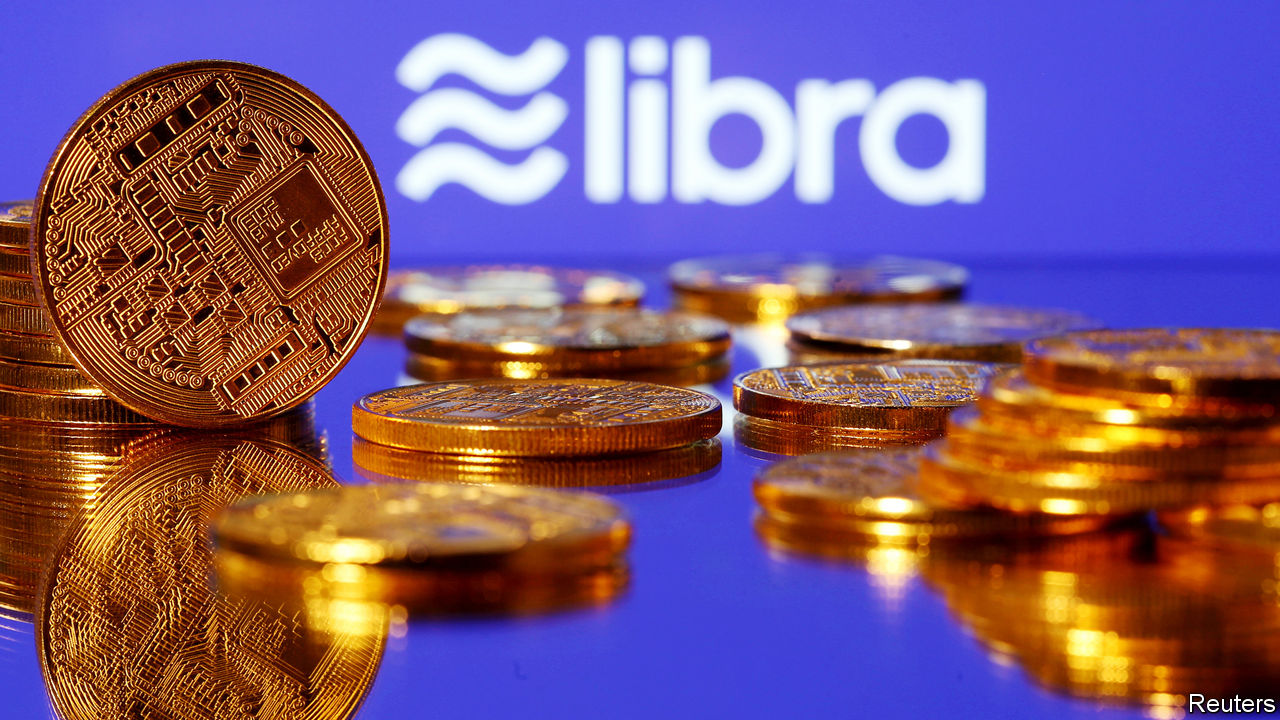Russia’s tech conglomerate is launching its own stablecoin on the Tron network along with a stablecoin payment platform.
Countries across the globe are entering the stablecoin race. On Friday, July 4, Russia’s state-owned tech conglomerate Rostec announced plans to launch its own stablecoin this year, along with RT-Pay, a dedicated platform for stablecoin-based payments.
The RUBx stablecoin, backed 1:1 with the Russian ruble, will operate on the (TRON) network. According to the company, both the stablecoin and RT-Pay will serve as secure transaction tools for businesses and individuals.
“Each RUBx is backed by real obligations in rubles. This is legally fixed. The token to real ruble ratio is one to one. Plans are to launch the system this year, with Rostec serving as its operator,” Rostec Deputy General Director Alexander Nazarov was quoted as saying.
The platform will also integrate with Russia’s banking infrastructure and support transactions through self-custodial wallets. In addition, users will be able to interact with external smart contracts, allowing engagement with decentralized finance.
Rostec’s RT-Pay will be regulatory compliant
Rostec emphasized that both RT-Pay and RUBx will be fully compliant with Russia’s crypto regulations. The company also plans to implement anti-money laundering protocols and measures to block wallets associated with terrorism financing.
“The new platform will be implemented in stages, considering the needs of various sectors of the economy. Particular attention will be paid to security issues and integration with the existing financial infrastructure. In the future, the ecosystem may become the basis for a number of innovative financial services and services,” head of RUBx project Dmitry Shumayev was quoted as saying.
In recent months, Russia has accelerated efforts to regulate crypto-related activities and integrate them into the official economy. While individuals are allowed to buy and sell digital assets, cryptocurrencies are still prohibited for use in payments.

















 English (US) ·
English (US) ·